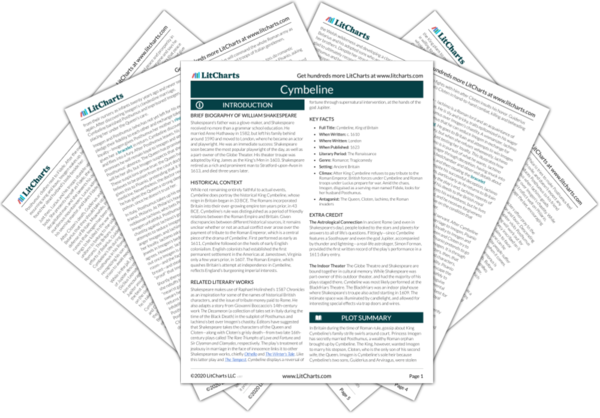AI ToolsNew
Tools to make learning and teaching easier
|
Previous
Act 5, Scene 2
|
Cymbeline: Act 5, Scene 3 Summary & Analysis
New! Understand every line of Cymbeline.
Read our
modern English translation
of this scene.
|
Next
Act 5, Scene 4
|
